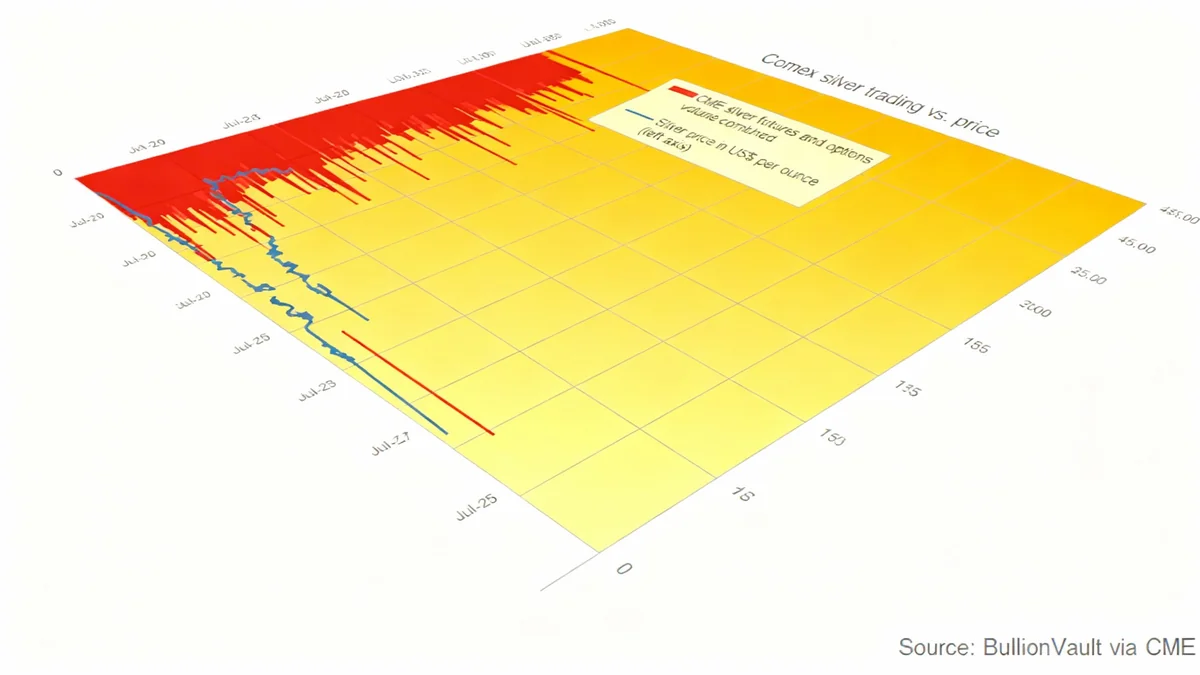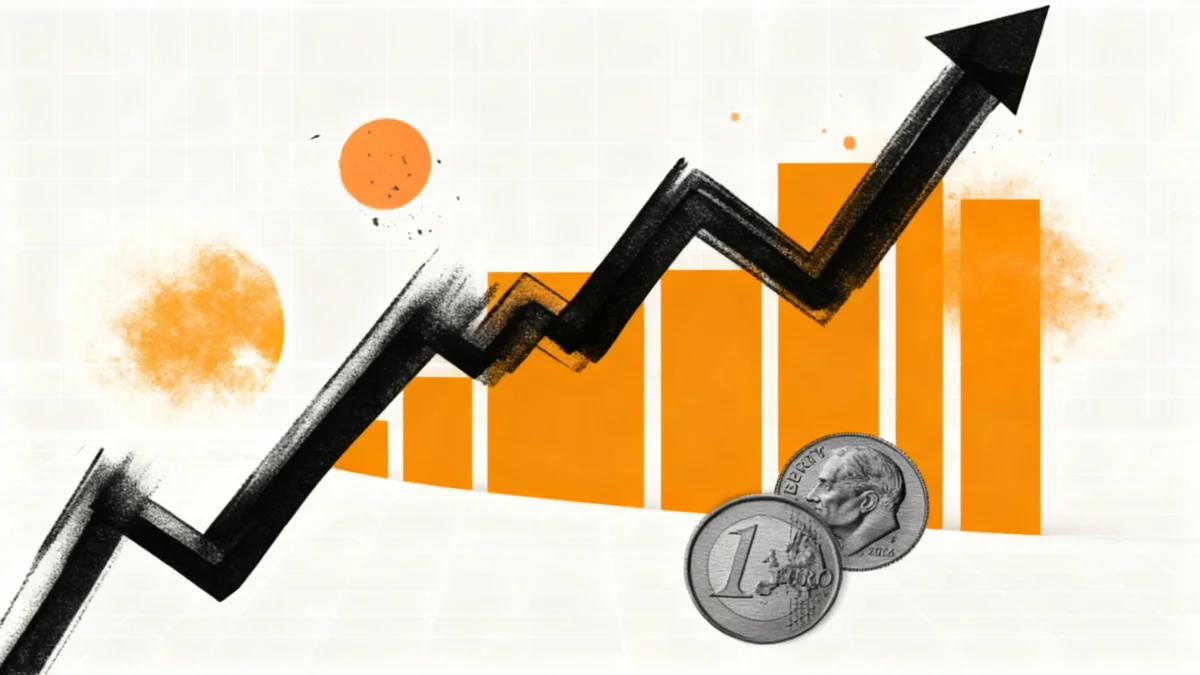Financial commentator Jim Cramer has characterized the recent stock decline of Joby Aviation, Inc. (NYSE:JOBY) as "brutal and very 2000-ish," drawing parallels between the current market for speculative stocks and the dot-com era. His comments followed a significant drop in Joby's share price after the company announced a new equity offering.
The electric aircraft developer's stock experienced a sharp downturn after it priced an offering of 30.5 million new shares. Cramer highlighted the move as an example of speculative companies without significant earnings needing to raise capital, a trend he finds reminiscent of the market bubble at the turn of the century.
Key Takeaways
- Jim Cramer compared the recent activity in speculative stocks, including Joby Aviation, to the dot-com bubble of 2000.
- Joby Aviation's stock price fell from nearly $19 to close at $17.37 following the announcement of a new share offering.
- The company offered 30.5 million shares of new stock priced at $16.85 per share to raise capital.
- Cramer expressed concern about companies with no earnings that rely on equity offerings to fund operations, calling the trend risky for investors.
Cramer's Warning on Speculative Investments
Jim Cramer voiced his concerns about a specific segment of the market that he believes is becoming overheated. He pointed to companies in emerging sectors that have attracted significant retail investor interest despite lacking profitability.
"It’s the speculative stocks that remind me of the dot-com era, a group of companies with no earnings to speak of that need to stay afloat," Cramer stated. He specifically mentioned sectors like nuclear power, cryptocurrency, and quantum computing as areas where this trend is visible.
"These have all been bid up furiously by retail investors… I fear we’re at the cusp of some gigantic equity offerings for some kinds of these companies."
Cramer's analysis suggests that such companies often reach a point where they must issue new shares to raise funds, which can dilute the value for existing shareholders and lead to sharp price declines. He presented Joby Aviation's recent move as a prime example of this pattern.
The Dot-Com Bubble Parallel
The dot-com bubble, which occurred between 1997 and 2001, was a period of extreme stock market speculation in internet-related companies. Many of these companies had minimal revenue and no profits but achieved massive valuations based on future potential. The bubble burst dramatically, leading to significant investor losses and the failure of many high-profile tech startups. Cramer's comparison implies a warning that a similar correction could occur in today's speculative sectors.
Details of Joby Aviation's Equity Offering
The catalyst for the stock's sharp movement was Joby Aviation's decision to raise capital through a public offering. The company announced it would sell 30.5 million shares of its common stock to investors.
The offering was priced at $16.85 per share. This price point was substantially below the stock's previous closing price, which was near $19. Such a discount is common in secondary offerings to attract institutional buyers but often triggers a sell-off as the market adjusts to the new, lower valuation benchmark.
Market Reaction and Stock Performance
Following the announcement, Joby's stock price reacted immediately. While the stock ultimately closed at $17.37 on the day of the pricing, which was above the $16.85 offering price, it represented a significant drop from the prior day's high.
Joby Stock Price Movement
- Previous Close: Nearly $19.00
- Offering Price: $16.85
- Closing Price (Post-Offering): $17.37
- One-Day Decline: Approximately 8.6%
Cramer described this sharp, single-day decline as "brutal and very 2000-ish," directly linking the painful drop for shareholders to the volatile market corrections seen during the collapse of the dot-com bubble.
Joby Aviation's Business Model
Joby Aviation is a company operating in the advanced air mobility sector. Its primary focus is on the development of electric vertical takeoff and landing (eVTOL) aircraft. These vehicles are designed to operate as quiet, zero-emission air taxis in and around cities.
The company's long-term vision is to establish and operate an aerial ridesharing network. This service would function similarly to ground-based ridesharing apps but would use its eVTOL aircraft to transport passengers, bypassing urban traffic congestion. This ambitious goal requires substantial capital for research, development, certification, and manufacturing.
Like many companies in pre-revenue, high-growth sectors, Joby Aviation is not yet profitable. It relies on capital from investors to fund its path toward commercial operation. The recent stock offering is a strategic move to secure the necessary funds to continue its development and certification processes with the Federal Aviation Administration (FAA).
The Broader Market Context
Cramer's comments place Joby's situation within a wider market narrative. The rise of retail investing has fueled significant rallies in stocks that are often valued more on their future potential than on their current financial performance. These are often referred to as "story stocks."
While these investments can offer high rewards, they also carry substantial risk. Companies in this category are often years away from generating meaningful revenue, let alone profit. As a result, their survival depends on their ability to continue raising money from capital markets.
When market sentiment shifts or a company needs to dilute existing shares to raise funds, these stocks can experience extreme volatility. Cramer's warning serves as a reminder of the inherent risks associated with investing in speculative, non-earning companies, a lesson many investors learned during the dot-com era.





